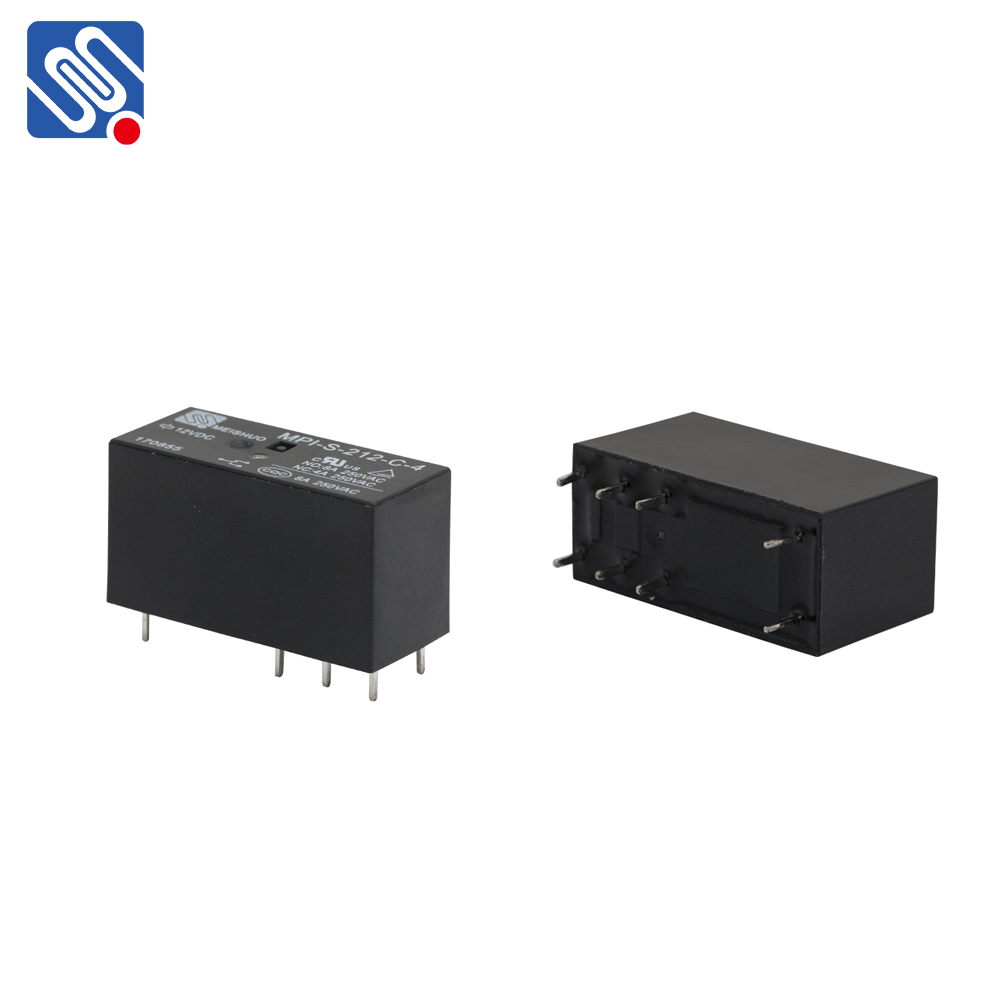
Relay efficiency is a crucial concept in a variety of fields, ranging from telecommunications to wireless networks. It refers to the effectiveness with which a relay system transmits signals or information from one point to another, often optimizing power consumption, bandwidth, and overall system performance. In this article, we will explore the concept of relay efficiency and highlight the role of Meishuo in advancing this technology to new heights.

At its core, relay efficiency is about improving the transmission process between two endpoints in a network. Whether it's a data transmission system or a communication network, relay systems are often used to extend the range of signal propagation, enhance coverage, and reduce the likelihood of signal degradation. However, relay efficiency does not simply concern the transmission of data; it also involves minimizing energy consumption, enhancing reliability, and ensuring low latency. Optimizing relay efficiency is vital to achieving the best possible performance in communication systems.
The concept of relay efficiency becomes especially important when dealing with wireless networks, where signals can suffer from interference and attenuation. In such scenarios, relay nodes, placed strategically between the source and destination, help to amplify and forward signals, ensuring that data reaches its target efficiently. The better the efficiency of these relay nodes, the faster and more reliably the data can be transmitted.